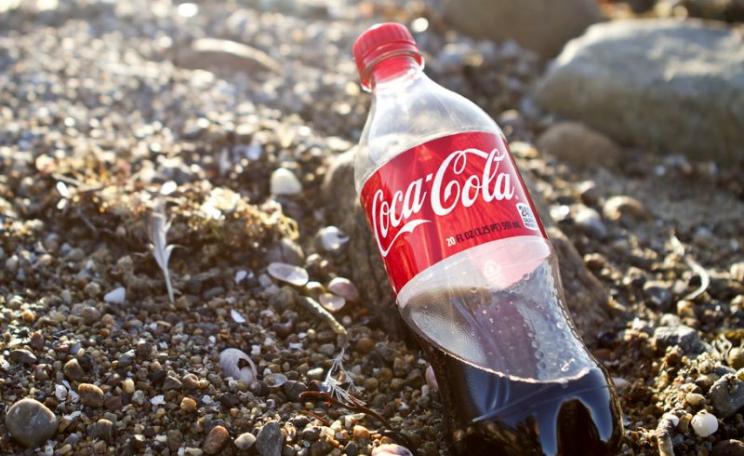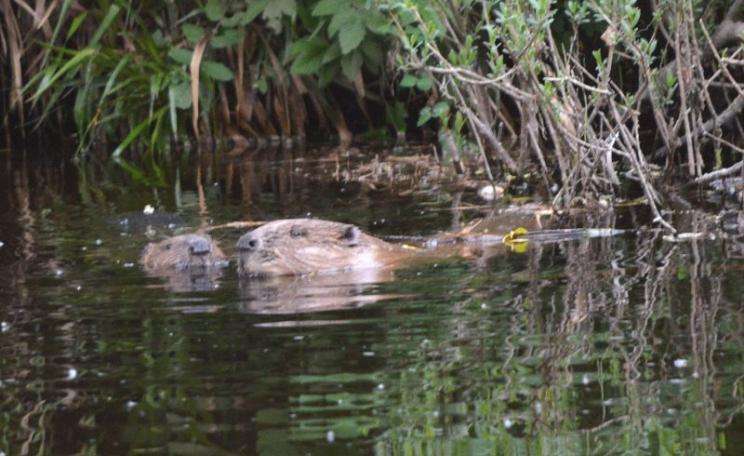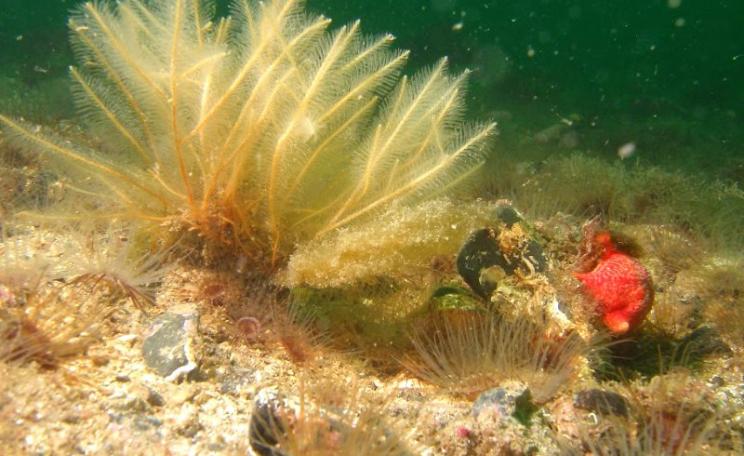The work does not stop here - for the time-being these MPAs are just lines on maps, so careful management will be needed to ensure they actively help recover our sealife.
Scottish Cabinet Secretary Richard Lochhead today gave the go-ahead for 30 new Marine Protected Areas (MPAs).
The bold move will double the area of protected waters around Scotland, protecting a further 12% of Scotland's seas. It will also pave the way for urgent new measures to protect struggling populations of seabirds, whales and dolphins.
"This is a huge leap forward for nature conservation in Scotland", said Alex Kinninmonth of Scottish Wildlife Trust. "We are delighted to see these ambitious plans for marine protection. Each new MPA forms an important piece of a complex jigsaw that when complete will help turn the fortunes of our sea around."
Last year over 14,000 people backed proposals for new MPAs during an extensive public consultation.
Aim to 'protect and recover' Scotland's sea life
The new sites are needed to protect and recover the full spectrum of Scotland's sealife from large-scale and productive offshore habitats to fragile and ecologically important inshore areas around the coastline.
The selection of MPAs is focussed on the protection of habitats, species and undersea landforms, including areas harbouring gardens of coral, fields of sponges and seamounts that tower from the deep sea-floor.
Sites have been identified for a range of features, such as highly productive sand and gravel habitats, and the ocean quahog, a type of clam that can live for up to 400 years.
"Scottish ministers have made the right decision for our seas and the many wonderful species and habitats that live in them", said Lang Banks, Director of WWF Scotland. "They have also made the right decision for those communities and industries that depend on healthy seas in the long term.
"The next step is to ensure that this network of MPAs are well managed and result in the recovery of our ecosystems for the benefit of all. This is a great step towards delivering a marine environment where economic interests can operate in a way that does not have to undermine the health of our seas."
Whales, dophins, basking sharks will benefit
Today's announcement also signals a new Scottish Government resolve to provide protection in critical habitats for other nationally important mobile species such as basking sharks, minke whale and Risso's dolphins - something welcomed by Sarah Dolman, North Atlantic Programme Manager for Whale and Dolphin Conservation:
"Having provided the evidence and demonstrated huge public support for protection of important whale, dolphin and porpoise habitat, it's great news that minke whales and Risso's dolphins are included in the Scottish MPA network.
"With the right management in place, MPAs in conjunction with wider measures, will help to protect Scotland's precious whale and dolphin populations."
MPAs will come into force within weeks
Licensed activities at sea will be subject to the new nature conservation MPA designation orders that come into force on August 7th. Fisheries management measures for all of the sites will be developed during an intensive two years process.
Together, they must ensure sealife and seabed habitats in the new MPAs are adequately protected from damaging activities. But as Calum Duncan of the Marine Conservation Society points out,
"The work does not stop here - for the time-being these MPAs are just lines on maps, so careful management will be needed to ensure they actively help recover our sealife."
"There has been a consensus among our marine scientists that the health of Scotland's seas has suffered in recent decades and that threats from human activities must be better managed."
Richard Luxmoore of the National Trust for Scotland praised local community campaigners: "Many of these MPAs - such as South Arran and Wester Ross - have been the direct result of local campaigning and research."
But other communities, he adds, are still campaigning for improved protection for their seas: "The tireless campaigners of Fair Isle are still calling for better protection of their local marine environment. We hope that these MPAs mark a new, regionally-sensitive approach to coastal and marine management."







